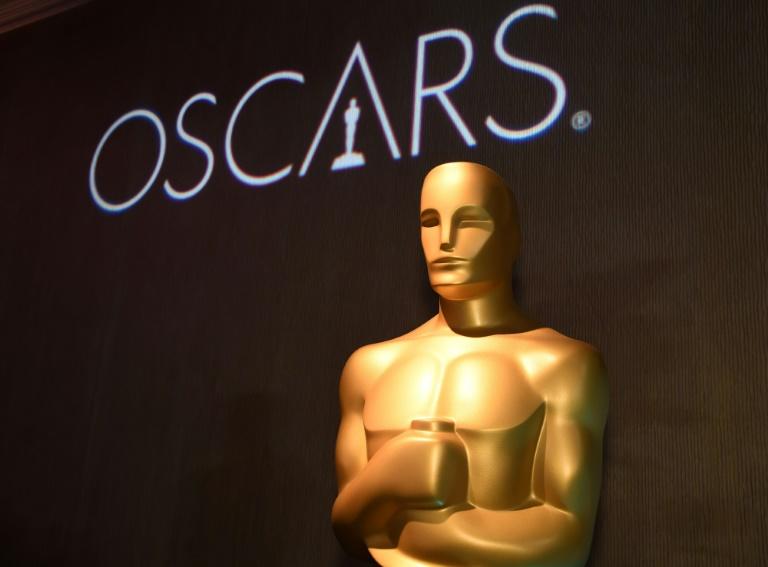The Oscars will not be shown in Hong Kong for the first time in more than half a century, its local broadcaster confirmed Monday, as doubts remained over whether Hollywood's top awards will air in mainland China.
The ceremony has been broadcast in Hong Kong every year since 1969 by free-to-air TVB on its English language channel.
But no channel will carry next month's awards.
-It was purely a commercial decision that we decided not to pursue the Oscars this year- a TVB spokesperson told AFP.
The decision comes after Bloomberg News reported earlier this month that China's Communist Party propaganda department has ordered its state-controlled media to play down the awards and not show the ceremony live.
The cause is believed to be the nomination of "Do Not Split", a short documentary on Hong Kong's pro-democracy protests, as well as the four nods for Chinese-born US director Chloe Zhao for "Nomadland".
State media have since run articles critical of the documentary while nationalists online have pounced on Zhao over comments she made years back that were perceived as being critical of China.
State broadcaster CCTV, which has aired previous Oscar ceremonies, has yet to confirm if it will show this year's event.
All media is strictly censored in mainland China.
Semi-autonomous Hong Kong maintains more freedoms under a model subbed "One country, two systems".
But the atmosphere is changing quickly.
After huge and often violent democracy protests in 2019, Beijing has moved to stamp out opposition, including imposing a sweeping national security law on the city.
The pro-democracy opposition has been flattened, but the law has also seeped into the city's cultural scene.
In recent weeks, cinemas have pulled a protest documentary, a university cancelled a press photography exhibiton while a soon-to-open contemporary art museum has said it will allow security officials to vet its collection.
